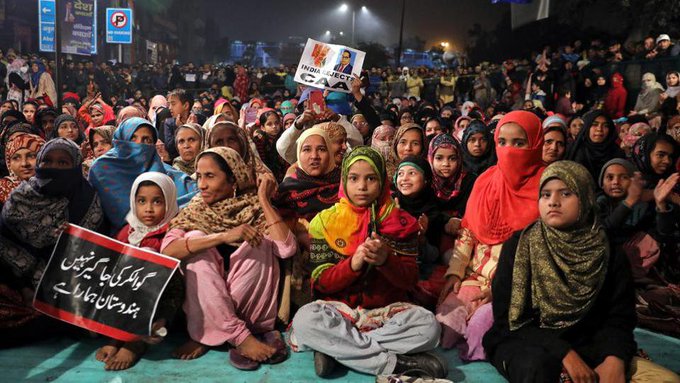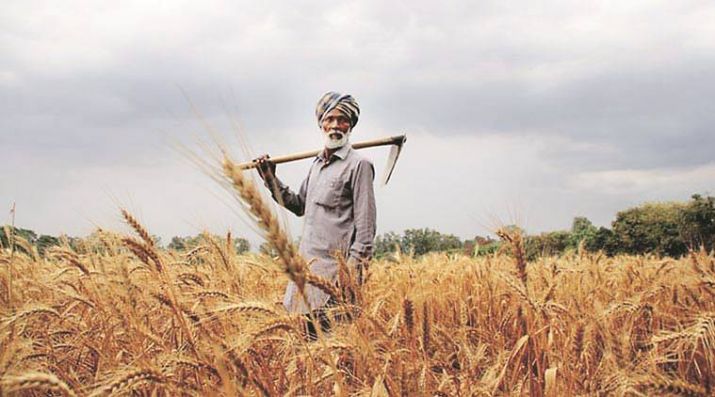We are aware of the critical role that our ASHA workers play in strengthening the rural healthcare infrastructure in India and in promoting the cause of health awareness at the grassroots.
During the coronavirus pandemic and the associated exertion of tremendous pressure on the already fragile health sector, ASHA workers are at the forefront of the country’s fight against coronavirus. But despite the extremely important role that ASHA workers in different corners of the country are playing amid the crisis, many of them are unhappy with the way the system itself is treating them.
They are unhappy with the indifference, lack of concern and the apathy that is shown to them by the nation-state. It is in this context that the recent protest held by ASHA workers at Delhi’s Jantar Mantar becomes significant. These ASHA workers complain that despite the fact that they are risking their own lives and operating as frontline warriors in the country’s fight against the coronavirus pandemic, the government has been turning a deaf ear to their needs and is ignoring their vital demands.
More than 15o ASHA workers have so far tested coronavirus positive. The hundreds of ASHA workers who took part in the protest at Jantar Mantar sad that even their demands for basic safety gear such as PPE kits, gloves, masks and sanitisers have not been met and their demands for a better honorarium have continuously been ignored. Most of the ASHA workers who had taken part in the protest demonstration belonged to Delhi and worked across more than 100 dispensaries across the city.
ASHA workers get paid Rs 3,000 a month and a Rs 1,000 incentive at most. ASHA workers are associated with dispensaries and primary healthcare centres and work on spreading awareness on health and family planning, conducting health surveys, conducting vaccination programs for children and aiding the birth of children.
But the outbreak of the pandemic has added to the responsibilities of ASHA workers and alongside their regular work, they also have to travel from door to door across communities to track the disease and ensure that those who are under home isolation have a regular access to medicines and other essentials.
Recently, they have also been involved in the process of identifying people with symptoms and registering their records in local dispensaries and conducting the serological survey. The ASHA workers association had a meting with the Health Minister Satyender Jain and took their demands for salary enhancement and supply of protective and safety equipment during the pandemic but nothing has concretised so far. Disillusioned by state apathy and neglect, ASHA workers began a strike on July 21 in the Capital. Asking for a honorarium of Rs 10,000 and safety kit for ASHA workers working at the frontline of the country’s COVID-19 response.
The Delhi Police lodged an FIR against many ASHA workers who had come to take part in the protest at Jantar Mantar on August 9 because they claimed that this was in violation with the lockdown guidelines.
A case was filed against them in the Parliament Street police station. The police said that many ASHA workers had gathered at the site without masks and since the numbers were large, there was no appropriate maintaining of social distancing protocols.
An FIR has also been filed by the police against Centre of Indian Trade Unions because it took part in the protest.














